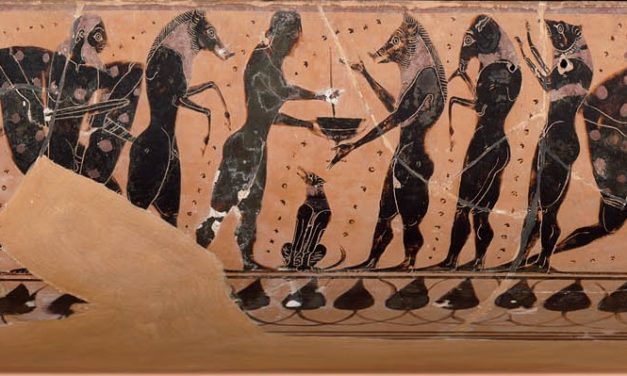Branded and About Midnight by Elissa H. Nelson
Our eighth installment consists of two poems by Elissa H. Nelson. This pairing raises provocative questions about why many women today still “get burned,” so to speak, even when they are right. Moreover, why are many women conditioned to blame themselves for encounters lacking traction? Quietly haunting, Nelson’s poems speak to our current sociopolitical moment. *** Branded My path is cut off by another driver But the sun is blazing I honk the horn beneath the scalding emblem Burning my hand My palm pulls back But he is wrong I pound the scorching wheel again Burning my skin My arm jerks away But I am right I slam the searing symbol once more Burning my self About Midnight I sit in the car waiting to go inside. When I do, I’ll hear the door close and lock behind me. The key is out of the ignition and in my hand. The car door is open, but there’s no beeping just the sounds of night. Crickets chirp, and trucks whir on the highway nearby. Some horn blares somewhere, but not too loud from here. Some motorcycle engine revs, all in the distance. My car’s clicking and ticking slow, the creaks stop. It’s cooling down quickly or maybe I’ve been sitting here longer than I think. But still I sit, and listen to a neighbor’s air conditioner turn on. I...
Read More

